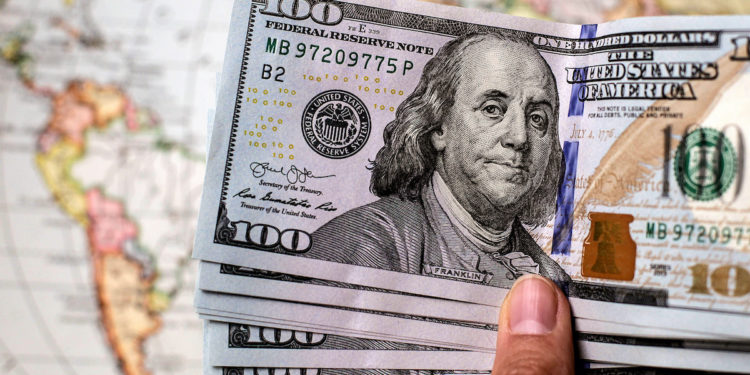Wealth Transfer in Food Industry: Companies pay $53bn in dividends to shareholders
The latest research commissioned by Greenpeace International has revealed that the grain, fertilizer, meat, and dairy industries have witnessed a substantial transfer of wealth to their shareholders and stakeholders in the financial years 2020-21.
According to the report, the companies analyzed paid out a staggering $53.5 billion in cash dividends and share buybacks during the period, raising concerns about the distribution of resources and the priorities of these firms.
The grain industry, in particular, has emerged as a significant contributor to this transfer of wealth, with 444 companies studied paying out a total of $2.7 billion in cash dividends and at least $3.3 million in share buybacks.
Although the true figure is believed to be much higher, these payouts have resulted in a substantial transfer of wealth to shareholders and other stakeholders.
Similarly, the fertilizer industry, dominated by four companies, paid out a total of $4.9 billion in cash dividends and $2.9 billion in share buybacks during the period under review.
The meat industry, which witnessed the participation of six firms, paid out cash dividends worth over $4 billion and repurchased shares worth $2.4 billion, resulting in a total wealth transfer figure of $6.4 billion.
However, the dairy industry takes the cake when it comes to the sheer magnitude of this transfer of wealth. The data for the five companies analyzed shows that cash dividend payouts in 2020-21 were in the region of $21.4 billion, with shares repurchased totaling just under $15.2 billion.
This puts the total amount of profit transferred back to shareholders at an astronomical $36.6 billion, a figure that highlights the massive scale of the wealth transfer in this industry.
These findings come at a time when the United Nations estimated that $51.5 billion would be needed in 2023 to feed 230 million of the world’s most vulnerable people. It is a sobering reminder that while corporations continue to prioritize their shareholders, millions of people around the world struggle to meet their basic needs.
The report’s findings raise several questions about the distribution of resources and priorities of these companies. While it is essential to reward shareholders for their investments, it is equally vital to ensure that these corporations contribute to the greater good and promote social and environmental responsibility.
The trend of companies prioritizing shareholder returns over broader social responsibilities is not new. However, the magnitude of the wealth transfer revealed in this report underscores the need for a broader conversation about the role of corporations in society.
It is time to reimagine capitalism and rethink the corporate social contract to ensure that companies are accountable not only to their shareholders but also to the communities in which they operate.








